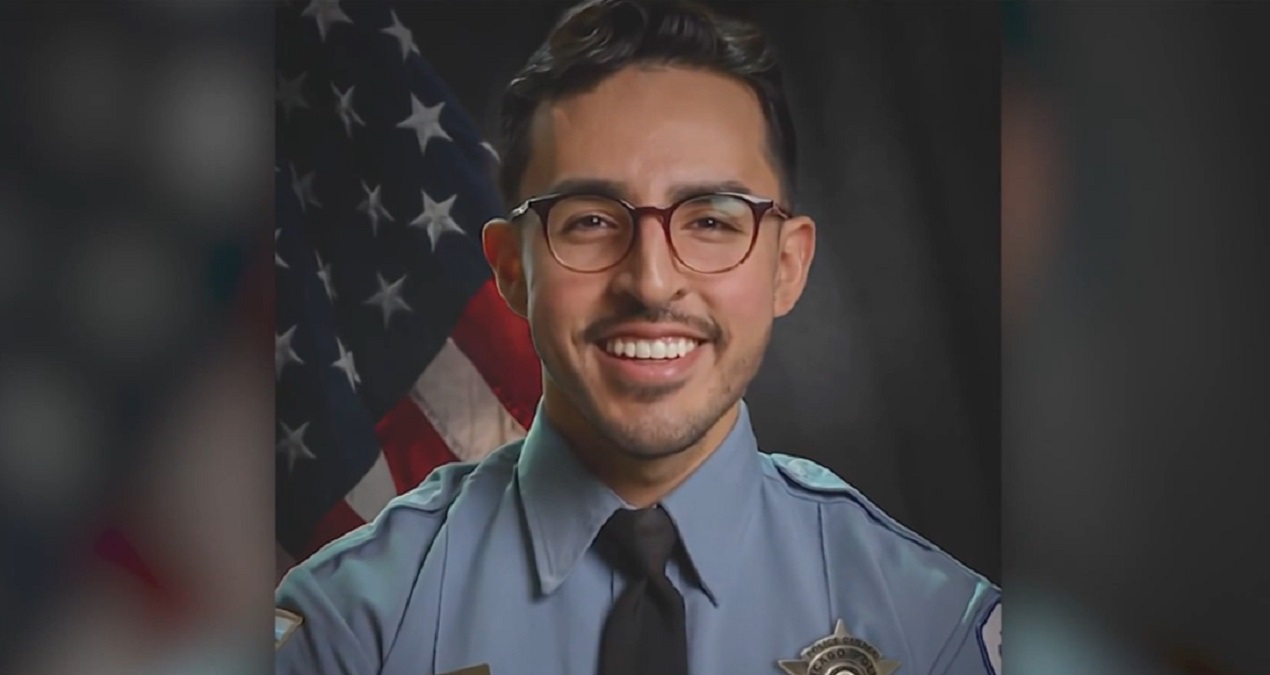A walk through Lisa Modaff’s backyard is like a walk down memory lane for the Lisle homeowner. She said it brings back fond memories of her late father, Sidney, who enjoyed yard work and gardening.
“I don’t think there wasn’t anything that he couldn’t grow,” Modaff said.
But Sidney’s creative skills were also found within his home remodeling business: a venture that would provide for his family even after his death in 2015. However, accessing the money proved a challenge for the surviving adult children and their mother.
Modaff said she and her sister, Cathi Wald, helped organize their mother’s finances after Sidney’s death and were surprised to find out he had a savings account containing nearly $100,000. While Modaff eventually learned her father had used the money as a “rainy day fund” to provide for his wife of sixty years, she said she never understood why it was referred to by PNC Bank as a “business” account.
“This was the mystery,” Modaff said.
According to Modaff, her brother, Mickey, was planning to handle their parents’ money. But Mickey passed away shortly before Sidney died.
“When my brother wasn’t around to do that, we were kind of left to go through all the legal papers, trying to figure out what we needed to do,” Modaff said.
Local
Upon visiting PNC Bank to attempt to transfer the money to their mother, Modaff discovered it was going to be a lengthy process.
She had to establish that no one else could claim the money. So she provided the bank her father’s will, small estate affidavit and his business dissolution documents. The papers included a letter from Sidney’s former lawyer indicating there was no business associated with the account.
But the bank’s legal department denied the transfer, according to Modaff. And she said getting updates from the bank proved difficult.
“It’s been two years. What’s the hold up? What do we need?” asked Modaff.
Attorney Ryan Walsh of Hamilton, Thies & Lorch LLP specializes in estate issues and said banking delays are not uncommon for people who are trying to access or transfer a deceased family member’s account.
“The banks are in a really tough spot with some burdensome regulations that have been placed on them just in the last decade or so,” Walsh said. “They have a job of not only trying to interpret all of that that’s coming from the government and figure out exactly what to do with it, but then to implement on a large scale at their organization.”
However, Walsh said banking transfers should not take two years.
“I think the process could probably be better and improved,” Walsh said.
Soon after NBC 5 Responds emailed the bank with Modaff’s concerns, the family received the news they’d been waiting to hear for two years: the money could be transferred to her mother’s account.
It’s peace of mind for the family.
“Just knowing that if she goes to the doctor and has to pay a copay or anything like that, she’s not going to worry about it,” Modaff said.
A spokesperson for PNC Bank said the bank is unable to comment on its relationship with customers and their accounts.
Walsh urges families to plan ahead to determine who will be taking over their parents’ accounts. He also said it is beneficial to share that information with banks while family members are still alive.



